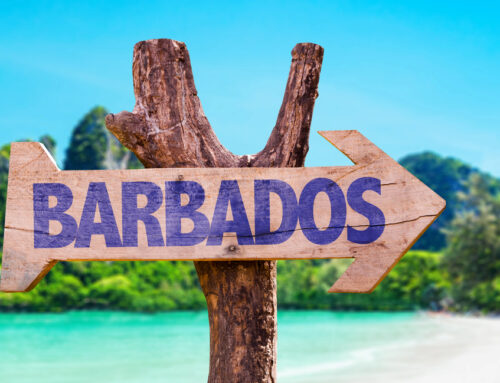6 Quick Tips For Getting The Best Exchange Rates
6 Quick Tips: How to get the best exchange rate while travelling
Your bags are packed, your hotel rooms booked, and the day-by-day itinerary for your vacation has been planned, but the cash you’re carrying hasn’t been converted!! If you’re thinking of sorting that out at the airport…. you’re making a mistake.

The one aspect that is particularly demanding while travelling abroad is getting the foreign exchange piece right. Your budget can go haywire if you don’t plan properly. But does it need to be that difficult? Understanding the nuts and bolts of the exchange conversion can help demystify the process, simplify it and get you the best exchange rate.
Here are 6 quick tips on how to get the best exchange rates while travelling. Getting a grip on these should ensure the best possible rates and solve your foreign exchange worries.
Assess your needs and stock up
With any international trip, it’s best to work out your overall travel budget well in advance, even before planning on currency purchase. Remember, there are payments you might need to make in advance (airline tickets, hotel stay, package tours etc.). Make an assessment of how much of that needs to be in cash and how much in other forms such as pre-paid cards.
Do factor in the need to carry a spread of denominations. Immediate needs like paying for your commute from the airport to your hotel and for snacking as soon as you land should be addressed by keeping loose change.
Do your research and compare currency exchange rates
As a traveller headed for any destination, keeping a tab on the currency market and the rate fluctuations of the required currency is necessary. There is a plethora of information online which can help you understand currency conversion.
Compare exchange rates and check for the daily interbank rates on a wide range of sources like websites of leading banks and foreign exchange companies. For instance, refer to Commonwealth Bank to get instant rates for all currencies and the associated rates. There are historical graphs available on the site that shares the long-term rate trend. It pays to watch the currency fluxuation well in advance and purchase your currency when you’ll get the best rate.
Head for authorised foreign exchange dealers
Coming to the actual conversion itself, once you are decided on your currency mix and the overall amount, approach authorised foreign exchange dealers. The rates there are very competitive and the list of fees and charges are published and transparent. Add to that the customer service levels and it is usually the right move to make. Those with a wide network are safe bets and generally more competitive. There are plenty of reputed names, like Travelex, Travel Money Oz, and AAA to choose from.
Buying online can be cost-effective
A sensible trend nowadays is the internet. Google up the many authorised sites and portals that help buy currency online. It can be an easy follow-up to the research you have done on the net. Often, their overhead fees can be much lesser than that of banks and dealers, given their lower operating costs. There are many online sources that you can choose to compare the rates.
Besides these, there are useful mobile apps that can make the otherwise cumbersome chore of comparing currency exchange easy. Having these on your mobile and on the go can keep you updated with the latest rates.
Avoid airports to exchange your forex
It is a known fact that airports are not the best places to get the best exchange rates. The exchange rates at the counters in airports may not be cost-effective leaving a dent in your travel budget.
If you have just landed in your destination and are short of enough local currency to pay for a cab to the hotel or grab a bite, just exchange the minimum required amount at the airport. Remember, it’s not just the poor exchange rates; the high fees can also eat into your precious currency reserves.
The plastic option – cards
It is preferable, if possible, not to use your bank ATM and credit cards!! In addition to the non-competitive conversion rate, most banks charge currency conversion fees as well each time you use a credit card. When using a credit card abroad, be certain that you select one that waives all foreign exchange fees, or you’ll be paying a fee everytime you make a purchase.
There are plenty of other options like prepaid travel cards and travel money cards in the currency of your destination. You can use your travel card to convert your Australian (or other) dollars into your chosen supported currency. When you spend in a supported and loaded currency, you can avoid the currency conversion fees. And if you lose it, you can simply report it stolen and get it blocked – again – like a regular credit card. A few prepaid travel cards for Australian travellers, for instance, are Qantas Cash, ANZ Travel Card, and NAB Traveller Card.
All you need to do is to get the above points right and cover your forex arrangements well beforehand. If you plan well it should be smooth sailing. Bon voyage!




